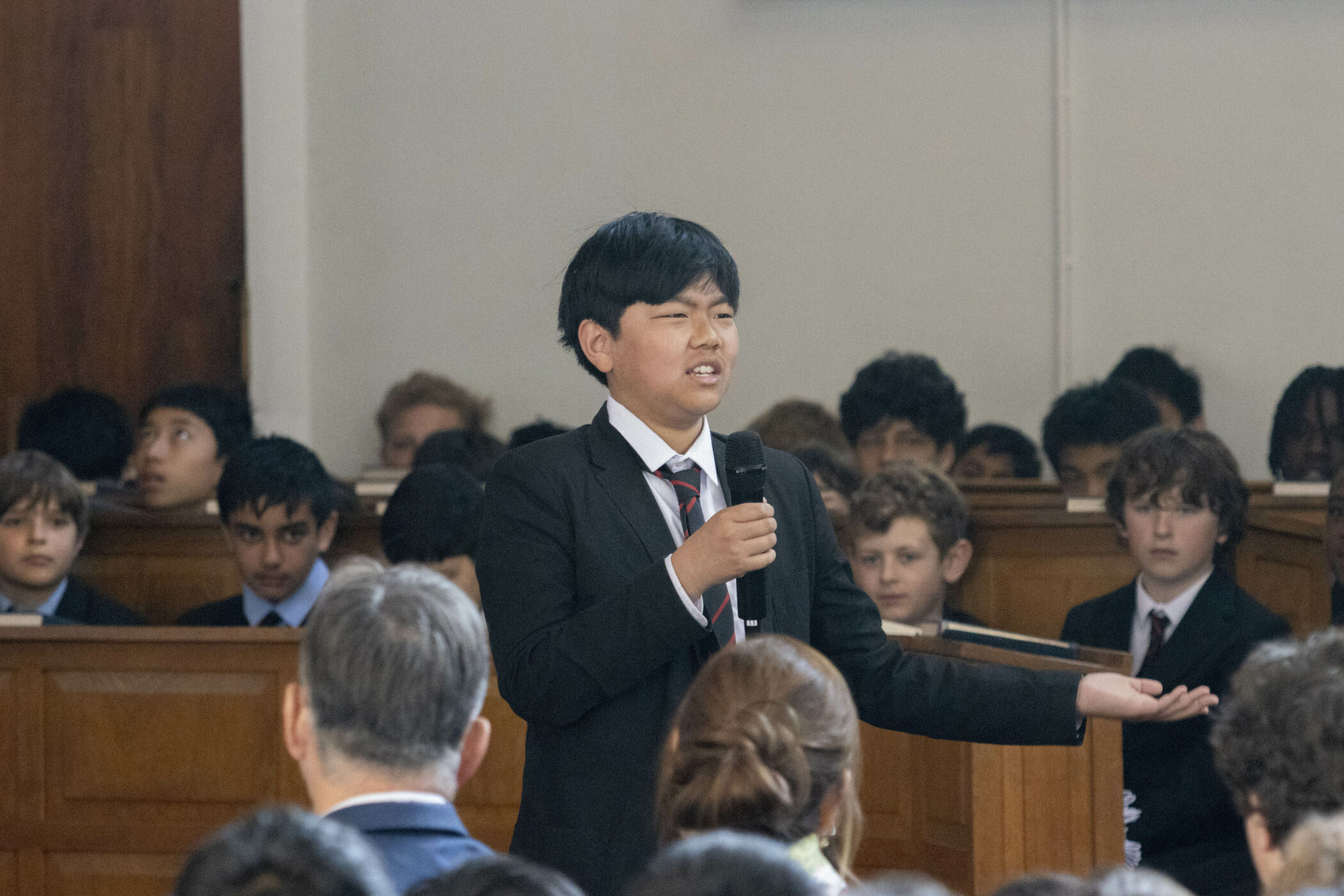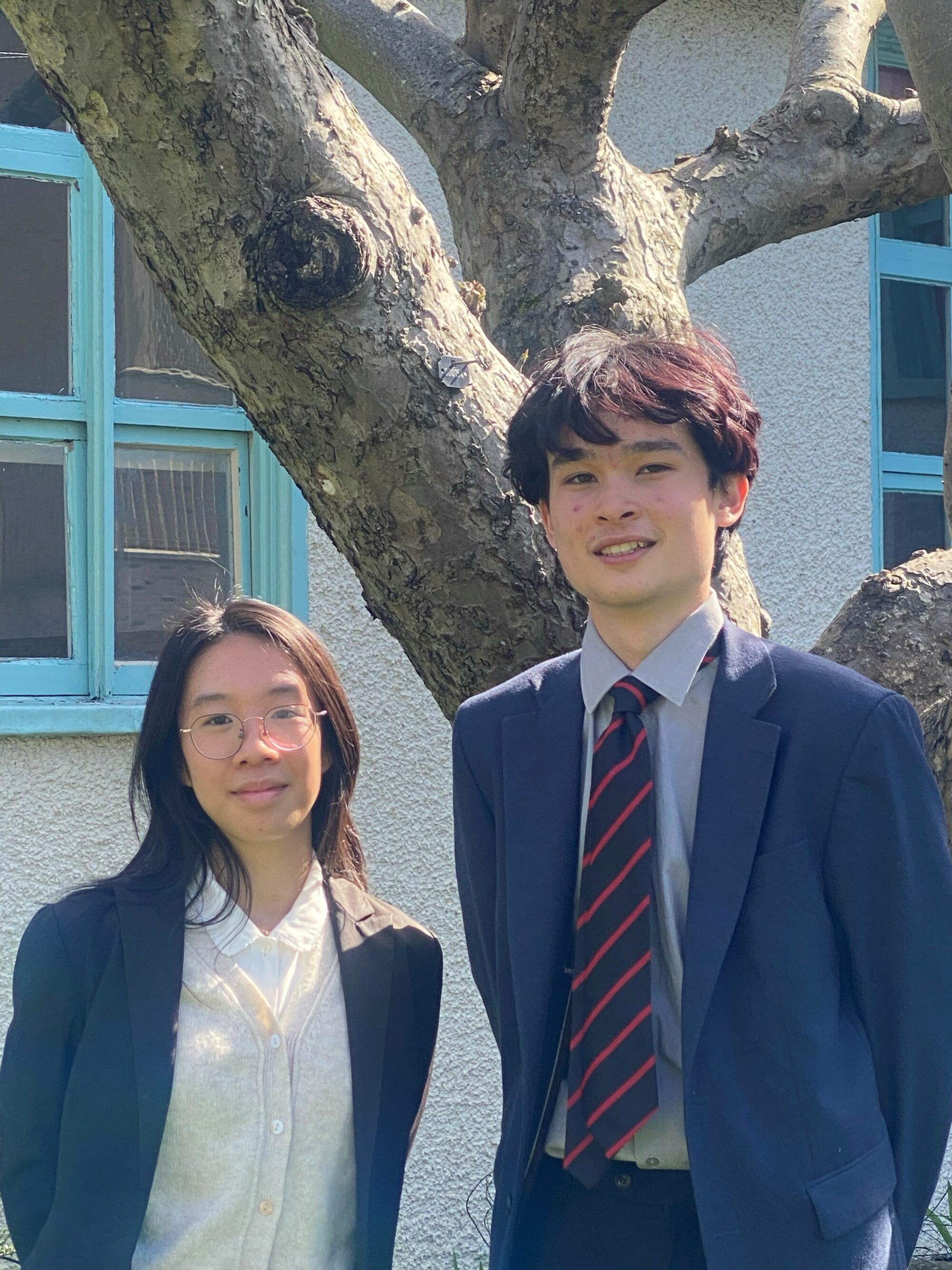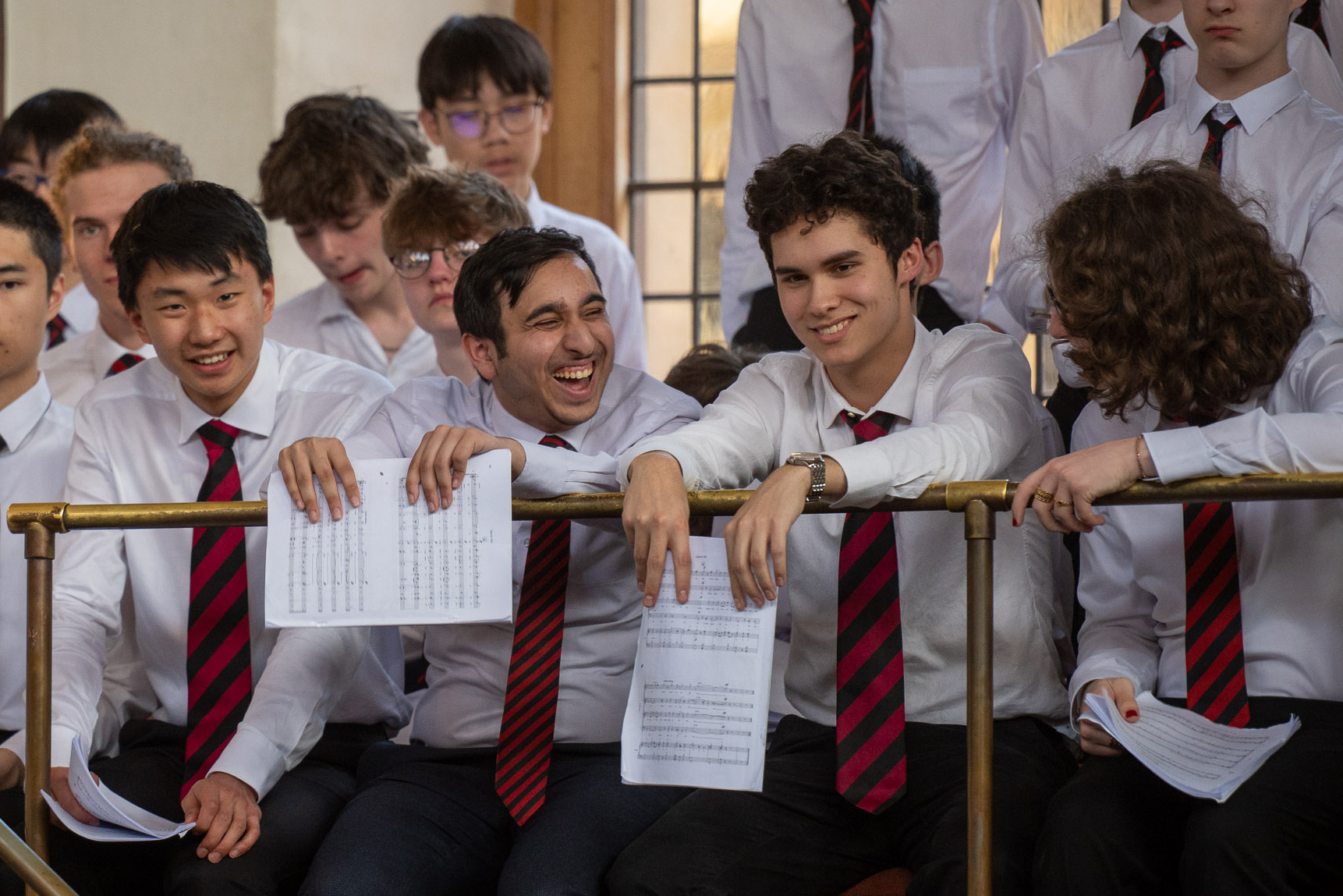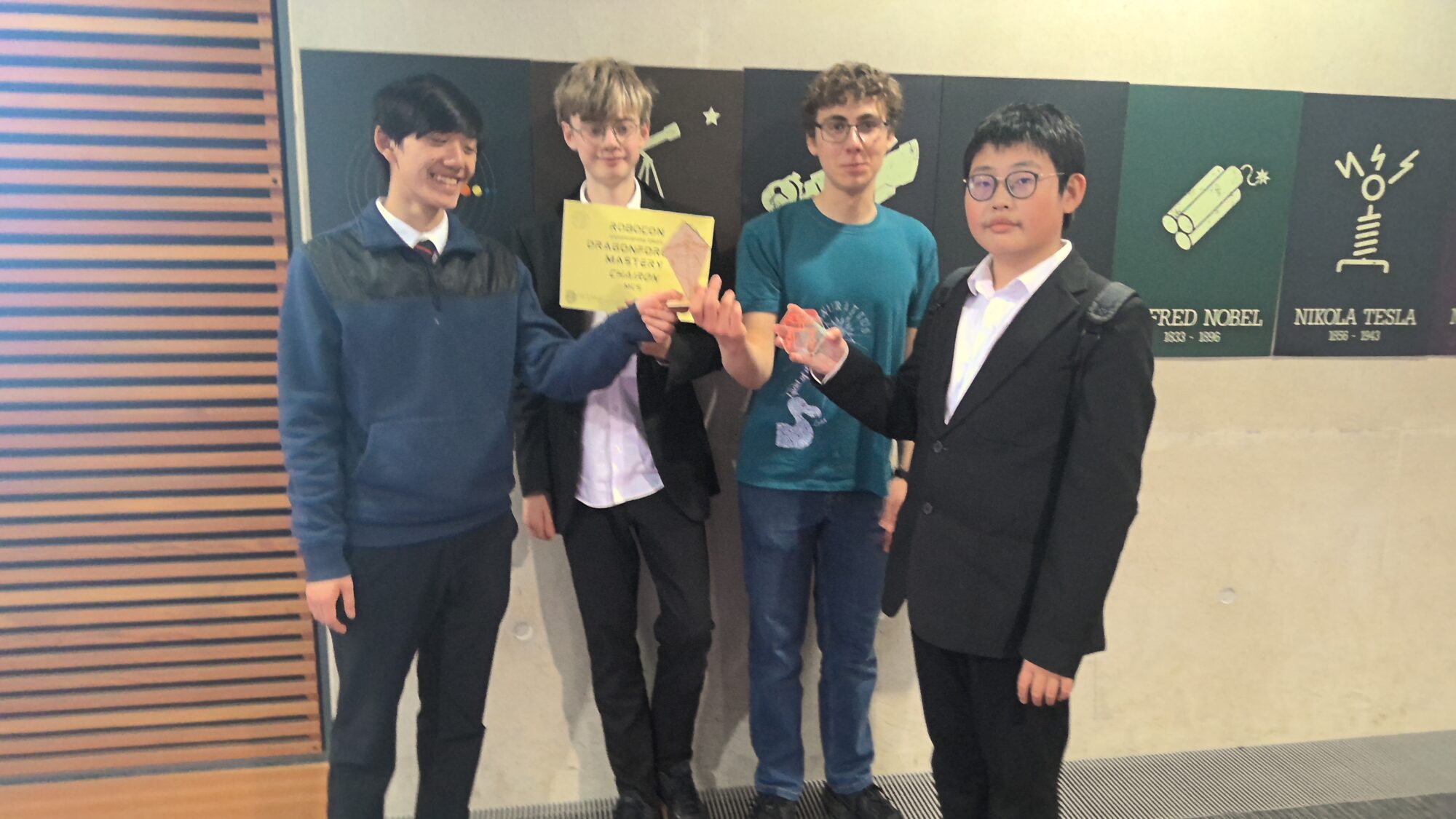Dr. Philip Holmes, Reader Emeritus in Scandinavian Studies at Hull University
Philip Holmes, who has died aged 74, once found himself seated on the plane beside a junior Foreign Office functionary on his first assignment in Stockholm. Before the flight landed, Phil had cheerfully instructed the young diplomat in the basics of Swedish grammar and supplied him with a hastily written reading list on the essentials of Swedish history and culture. This was typical of Phil, who dedicated his whole life to the study of Scandinavian languages and cultures, in particular Swedish.
Phil was born in King’s Norton, Birmingham, the eldest of two sons to Arthur Harold and Joan Beatrice Holmes. His father had been an RAF pilot and was an accountant for BMC Motors. Phil won a scholarship to Magdalen College School, Oxford. When his father became financial director at BMC Sweden in Södertälje, south of Stockholm in 1961, Phil stayed behind in the UK to finish his O-levels. He joined the family a year later and attended the Gymnasieskola (upper secondary school or sixth-form college), receiving intensive instruction in Swedish from one of his teachers. He picked up the language quickly and his lifelong love affair with Swedish language and culture started. Swedish friends and colleagues never fail to praise him for the way he spoke the language like a native. After the family’s return to the UK Phil completed his A-levels at King Edward School Camp Hill and attended university, but he returned to Sweden every summer to work. He had intended to work in the Ordnance Survey agency and took a joint degree in Geography and Swedish at Hull University, where Swedish rapidly became his main interest. He graduated in 1967 and with a scholarship spent the following year at Uppsala University, he gained a qualification in Nordic languages.
Harald Borland, the professor of Swedish at Hull, spotted Phil’s talent and took him on as PhD student in 1968. The following year Phil was appointed to a lectureship and married his wife, Linda. His PhD, awarded in 1976, was about narrative technique in the novels of the Swedish writer Vilhelm Moberg, whose most important work is a tetralogy on Swedish emigration to the USA in the mid-19th century. In 1973 he went to Sweden to interview the author, but to Phil’s great disappointment Moberg died just a few days before they were due to meet. A published version came out in 1980 with Twayne, New York. Throughout his life Phil continued to write about Vilhelm Moberg. It is an indication of the high esteem in which Moberg scholars hold Phil’s work on the author that he was awarded the Vilhelm Moberg Prize by the Mobergsäslkapet (Moberg Society) when he published Moberg’s biography in Swedish (Carlssons) in 2001.
Early on in his academic career Phil turned his attention to language teaching, and especially grammar. This is probably what his own and other students of Scandinavian languages will remember him for most of all. After several in-house publications, in which he often involved colleagues, including the Swedish Lectors working in Hull, he published his Swedish. A Comprehensive Grammar, which he co-authored with Ian Hinchliffe, in 1993. Two further editions followed over the next 20 years as well as several editions of its shorter version (Swedish. An Essential Grammar) and their Colloquial Swedish. But Swedish was not enough. Danish. A Comprehensive Grammar, co-authored with Bob Allen and Tom Lundskær-Nielsen, followed in 1995 and saw two editions as well as a shorter Essential Grammar. In his own words Phil ‘completed the trio’ of grammars of the three main Scandinavian languages in 2018 with the publication of Norwegian. A Comprehensive Grammar, co-authored with Hans-Olav Enger. His publisher was Routledge, whose Senior Publisher called him one of their most prolific authors. The Swedish Language Council recognised his work on the Swedish language in 2004 when, jointly with Ian Hinchliffe, he was awarded the Erik Wellander Prize, an annual prize for outstanding research into the Swedish language.
At Hull University Phil was a prominent member of staff. For 18 out of 24 years between 1978 and 2002 he was head of the department of Scandinavian Studies and he fulfilled many other leadership roles, his most rewarding one being chairman and general editor of Hull University Press. He was a member of the 1992 and 1996 Germanic panels for the periodic research assessment exercises, which rank universities for their research. A fellow member on the panel called him ‘one of the sensible people’. Phil was promoted to Senior Lecturer in 1983 and to Reader in 1997. He was given the title of Emeritus Reader in 2004, when he retired and Hull closed down several of its smaller languages departments, a decision that Phil found very hard to swallow. Subsequently he set up his own successful translation company, while also working on grammar publications and fulfilling a personal dream of owning a house in the French countryside.
Phil had boundless energy and almost to the end was thinking of new initiatives. He had a wry sense of humour and a deep sense of loyalty, not only to his family and his friends, but also to his subject and to Hull University (until it closed down his department) and to the East Riding Liberals/Liberal Democrats, whom he joined when working in Hull. He was always one of the more forthright colleagues, fighting stuffiness and questionable academic convention, but for his students he was an inspiring teacher, dedicated not just to their academic progress but also their personal welfare. To his younger colleagues he was a supportive senior who helped them settle in and who nurtured their careers. For his friends and family he was a compelling source of information on his wide personal interests, from astronomy to mycology. Phil is survived by his wife, Linda, their two daughters, Rebekah and Emily, four grandchildren, Esme, Zoë, Torin and Benjamin, and his younger brother, Stephen.
 MCS ranks among the top independent secondary schools, and in 2024 was awarded Independent School of the Year for our contribution to social mobility.
MCS ranks among the top independent secondary schools, and in 2024 was awarded Independent School of the Year for our contribution to social mobility.

 28 of our pupils achieved 10 or more 8 or 9 grades in 2024.
28 of our pupils achieved 10 or more 8 or 9 grades in 2024.
 In 2023-24, MCS received over £448,000 in donated funds.
In 2023-24, MCS received over £448,000 in donated funds.




